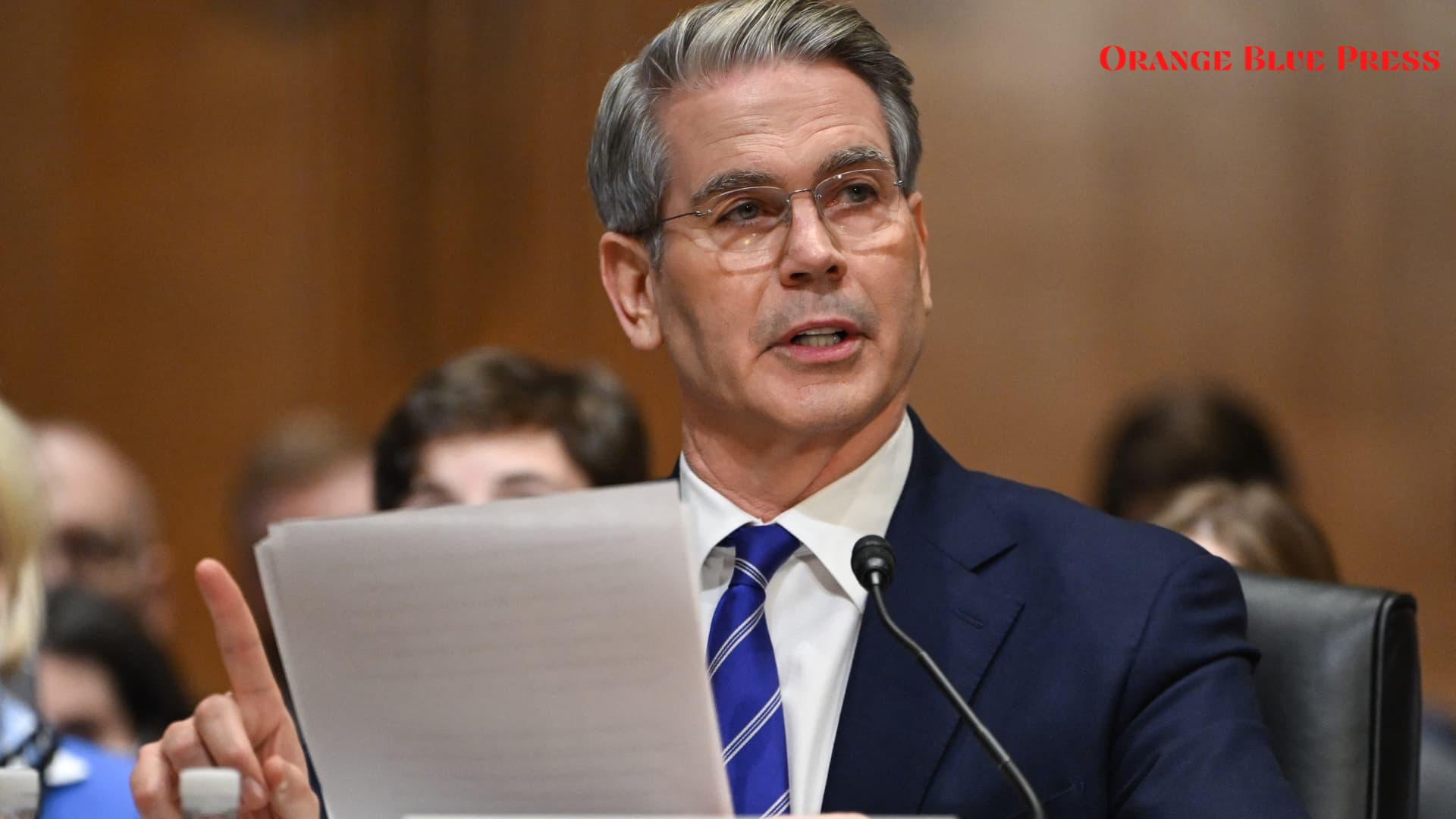The air was thick with anticipation as Scott Bessent, President Trump’s nominee for Treasury Secretary, stepped into the Senate’s chambers for his confirmation hearing. His words would reveal the current state of the U.S. economy, and what he had to say was a wake-up call for many. He warned that the government’s spending is out of control and the national debt is rising at an alarming rate.
Deficit on the Rise
During his testimony, Bessent pointed out that the U.S. is facing significant financial challenges. He reported that the fiscal year 2025 has seen a shocking three-month deficit of $710.9 billion. That’s a whopping 39.4% increase compared to the same period last year! Bessent stressed that this isn’t just an ordinary budget issue; it’s a serious problem. The deficit level is unprecedented outside of times of war or recession, which means we are in uncharted territory.
A Startling Admission
Bessent made it clear during his hearing that the U.S. doesn’t just have a problem with generating revenue; he believes it’s spending that is causing the crisis. He said, “We have a spending problem, not a revenue problem.” This remark has raised eyebrows, especially as he called for a more responsible handling of government finances to prepare for future economic challenges. With rising financing costs and declining tax revenues, Bessent’s candid observations sent a clear message: something needs to change.
Debt Ceiling Discussions
One of the hot topics during the hearing was the debt ceiling. Bessent was asked for his thoughts on eliminating it altogether. His response? He didn’t fully commit but suggested that if he is confirmed, he is open to working with President Trump on this critical issue. Senator Elizabeth Warren expressed her support for eliminating the debt ceiling, asserting that it could help reduce economic risks in the long run.
Concerns About Crisis Management
As Bessent discussed the growing deficit, he raised an important concern about the U.S. government’s ability to respond to future crises. He warned that relying on borrowing to deal with economic challenges might not be sustainable. This sentiment resonates with many Americans who are worried about government spending and what it means for future generations.
The Bigger Picture
To help visualize the staggering deficit, take a look at the numbers in this table:
| Time Period | Deficit Amount | Year-on-Year Change |
|---|---|---|
| Fiscal Year 2025 (3 months) | $710.9 billion | +39.4% |
| Previous Year (3 months) | Approx. $510.9 billion | N/A |
This table clearly shows how much things have changed in just one year. As young people, it’s essential to be aware of these issues that will shape our future.
Looking Ahead
As Scott Bessent awaits his confirmation verdict, many eyes will be on the Senate and how they respond to his insights on the nation’s economy. Will they heed his warnings about the unsustainable spending levels? It’s a crucial juncture that could impact the financial landscape of the entire country. The discussion surrounding our national finances is more than just numbers; it’s about the future we want to build together. As citizens, we need to stay informed, knowing that the decisions made today are shaping the world we’ll inherit tomorrow.




















